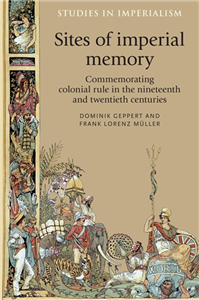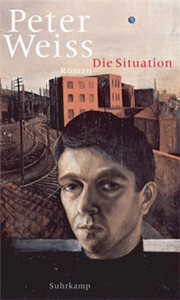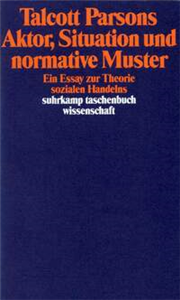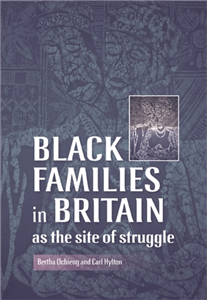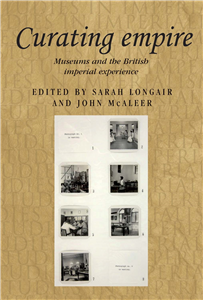Listen, Refrains, Abbildungen
»Erst wenn schließlich auch die Werbeblöcke gestrichen werden,« so eine zuverlässige Faustregel, »ist die Sache wirklich ernst.« Eine weltmachterschütternde Kamikaze-Aktion oder wenigstens ein rekordverdächtiger Amoklauf vor der eigenen Haustür – es muß knüppeldick kommen, um die tägliche Infotainment-Maschinerie aus dem Takt zu bringen. »Das System, in dem wir leben«, ist auf den ersten Blick mehr ein mediales als ein politisch-ökonomisches. Auf den zweiten Blick ist beides identisch.
In »Angela Davis löscht ihre Website« verbinden sich politisches Denken und Pop, der forcierte Blick auf die Gegenwarts-Oberfläche und dessen ständige Infragestellung vor dem Hintergrund der Historie auf. »Vortäuschung falscher Tatsachen«, so die Frage, »oder Vortäuschung richtiger Tatsachen?« Schwer zu durchschauen – gerade angesichts von Gewalt und kriegerischer Auseinandersetzung und ihren jeweiligen Rechtfertigungen –, was Realität ist, was Medienrealität, was auslösende Gewalt, was angeblich gerechte »Vergeltung der Vergeltung der Vergeltung«.
»Gibt es die neue Weltordnung schon?« In »Angela Davis löscht ihre Website« geht es um nichts Geringeres als um »das Zeitalter, in dem wir leben/ die Epoche, in der wir leben«, in der Gegensätze und Haltungen mitunter ununterscheidbar geworden sind; Veronas Welt und Sofies Welt stehen ebenso selbstverständlich nebeneinander wie MTV und CNN. »Kriegsfilm?/ Antikriegsfilm?/ Kriegsberichterstattung?« heißt es wiederholt aus dem Off, denn es gilt die unmißverständliche Losung: »seit 5 Uhr 45 wird zurückgefragt.«




